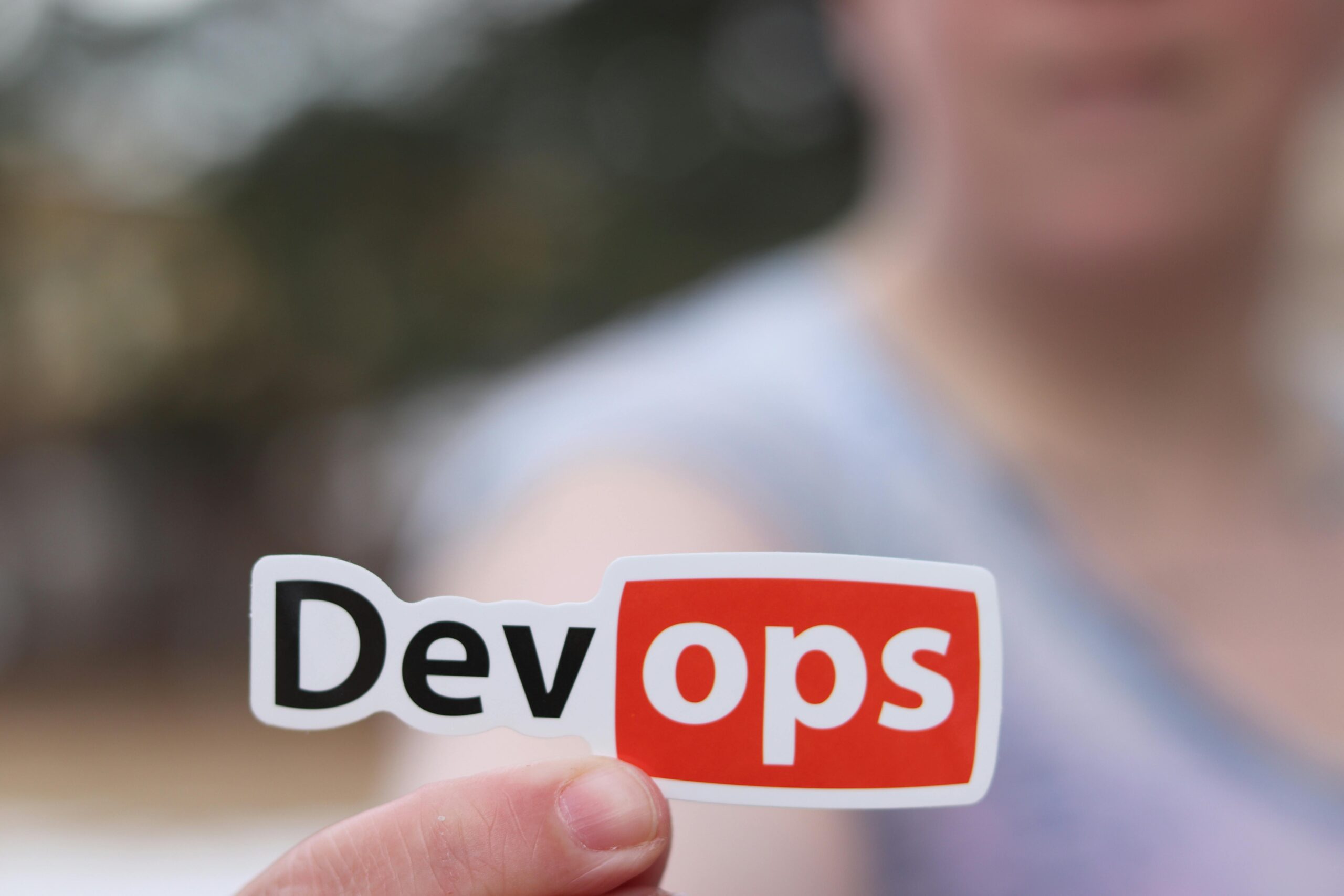DevOps Training in Chandigarh
Introduction
In the fast-evolving digital landscape, where the demand for efficient software development and IT operations is ever-increasing,
DevOps has emerged as a pivotal methodology. DevOps—short for Development and Operations—aims to bridge the gap between software
development and IT operations to enhance the efficiency and effectiveness of software delivery. Chandigarh, renowned for its educational
excellence and tech industry growth, offers comprehensive DevOps training programs. This article explores what DevOps entails,
the career opportunities it offers, the role of a DevOps engineer, the benefits of adopting DevOps practices,
why NetApp is a key player in DevOps, and the advantages of receiving DevOps training in Chandigarh.
What is DevOps?
DevOps is a set of practices and cultural philosophies that unifies software development (Dev) and IT operations (Ops). The goal of DevOps is to improve collaboration, automate processes, and accelerate the delivery of high-quality software. It integrates various stages of the software development lifecycle, from coding to deployment, to achieve a more streamlined and efficient process.
Core Components of DevOps
Continuous Integration (CI): This practice involves frequently merging code changes into a shared repository. Automated tests are run to ensure that new code does not break existing functionality, allowing for early detection of issues.
Continuous Delivery (CD): CD extends CI by automating the deployment process. This ensures that code changes are automatically tested and deployed to production or staging environments, making software delivery faster and more reliable.
Infrastructure as Code (IaC): IaC involves managing and provisioning computing infrastructure through machine-readable scripts. This approach allows for consistent and repeatable infrastructure setups and reduces manual configuration errors.
Monitoring and Logging: Effective monitoring and logging help track application performance and detect issues in real time. This data is crucial for troubleshooting and improving application stability.
Collaboration and Communication: DevOps emphasizes improved communication and collaboration between development and operations teams. This leads to more efficient workflows and faster problem resolution.
Is DevOps a Good Career?
Growing Demand
The demand for DevOps professionals has surged as organizations strive to improve their software delivery processes and operational efficiency. Companies across various sectors are adopting DevOps practices, leading to an increased need for skilled DevOps engineers.
Lucrative Salaries
DevOps roles are among the highest-paid in the IT industry. The expertise required to manage complex systems and ensure continuous delivery commands premium compensation, making it a financially rewarding career choice.
Career Advancement
A career in DevOps offers significant growth opportunities. With experience, professionals can advance to senior roles such as DevOps architect, site reliability engineer, or even Chief Technology Officer (CTO). The skills acquired in DevOps also open doors to roles in cloud computing, automation, and systems engineering.
What is a DevOps Engineer?
A DevOps engineer is a professional who bridges the gap between software development and IT operations. They are responsible for ensuring that software is developed, tested, and deployed efficiently, while maintaining operational stability and performance.
Key Responsibilities
Automation: Implementing and managing automation tools and frameworks to streamline CI/CD pipelines and infrastructure management.
Code Integration: Overseeing the integration of new code changes into existing systems, ensuring compatibility and functionality.
Configuration Management: Utilizing tools like Ansible, Puppet, and Chef to automate and manage system configurations, reducing manual effort and minimizing errors.
Monitoring and Troubleshooting: Setting up monitoring systems to track application performance and quickly addressing any issues that arise.
Collaboration: Working closely with development, operations, and quality assurance teams to ensure smooth and efficient workflows.
Benefits of DevOps
Accelerated Delivery
DevOps practices enable faster and more frequent software releases. By automating integration and deployment processes, organizations can deliver new features and updates more quickly, keeping pace with market demands.
Enhanced Collaboration
By breaking down silos between development and operations teams, DevOps fosters a culture of collaboration. Improved communication leads to more efficient problem-solving and faster resolution of issues.
Higher Quality
Continuous testing and monitoring help detect and address issues early in the development process, resulting in higher-quality software and a better user experience.
Increased Efficiency
Automation of repetitive tasks and optimized workflows lead to cost savings and increased productivity. DevOps practices help streamline processes and make resource management more effective.
Scalability
DevOps practices make it easier to scale applications and infrastructure to meet growing demands. Automated provisioning and configuration management ensure that systems can handle increased workloads efficiently.
Why NetApp is Ideal for DevOps?
NetApp, a leading provider of data management and storage solutions, offers powerful tools and features that complement DevOps practices. NetApp’s solutions are designed to enhance the efficiency and effectiveness of DevOps workflows.
Data Fabric
NetApp’s Data Fabric provides a unified approach to data management across various environments. This integration facilitates seamless data access and management, crucial for DevOps operations.
Kubernetes Support
NetApp’s solutions, such as Trident and Astra, offer robust support for containerized applications and Kubernetes. These tools are essential for managing modern, cloud-native applications and integrating them into DevOps workflows.
Automation and Orchestration
NetApp’s automation and orchestration capabilities integrate with popular DevOps tools like Ansible, Terraform, and Jenkins. This integration simplifies complex processes and enhances operational efficiency.
Reliable Performance
NetApp’s focus on high performance and reliability ensures that applications run smoothly and efficiently. This is critical for maintaining operational stability and meeting performance expectations.
Conclusion
DevOps course in Chandigarh represents a valuable opportunity for individuals seeking to enhance their skills in modern software development and IT operations.
With a comprehensive understanding of what DevOps entails, the career prospects it offers, and the role of a DevOps engineer, aspiring professionals can make informed
decisions about their future. The benefits of DevOps—such as accelerated delivery, enhanced collaboration, and increased efficiency—underscore its importance in today’s
tech landscape. Additionally, solutions like NetApp further enhance DevOps practices by providing robust tools and support. Chandigarh, with its top-tier educational
institutions and thriving tech industry, offers an ideal environment for mastering DevOps. Whether you aim to advance your career or embark on a new professional path,
DevOps training in Chandigarh is a strategic investment in your future success.
Author Section :-
I am a passionate blogger. I love to share my thoughts and ideas through blog posting. I have five years of experience in Tech, Business, & Health. I am associated with BLOGGER OUTREACH MEDIA. And Skincare coach Sarah helps individuals in creating customised skincare plans. They feel that everyone’s skin is different and calls for a different strategy. Sarah advises including dr rashel vitamin c serum as a flexible component able to solve many skin issues. Working with customers to reach skincare objectives brings them delight.


